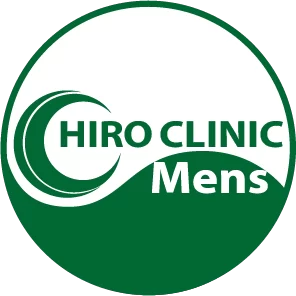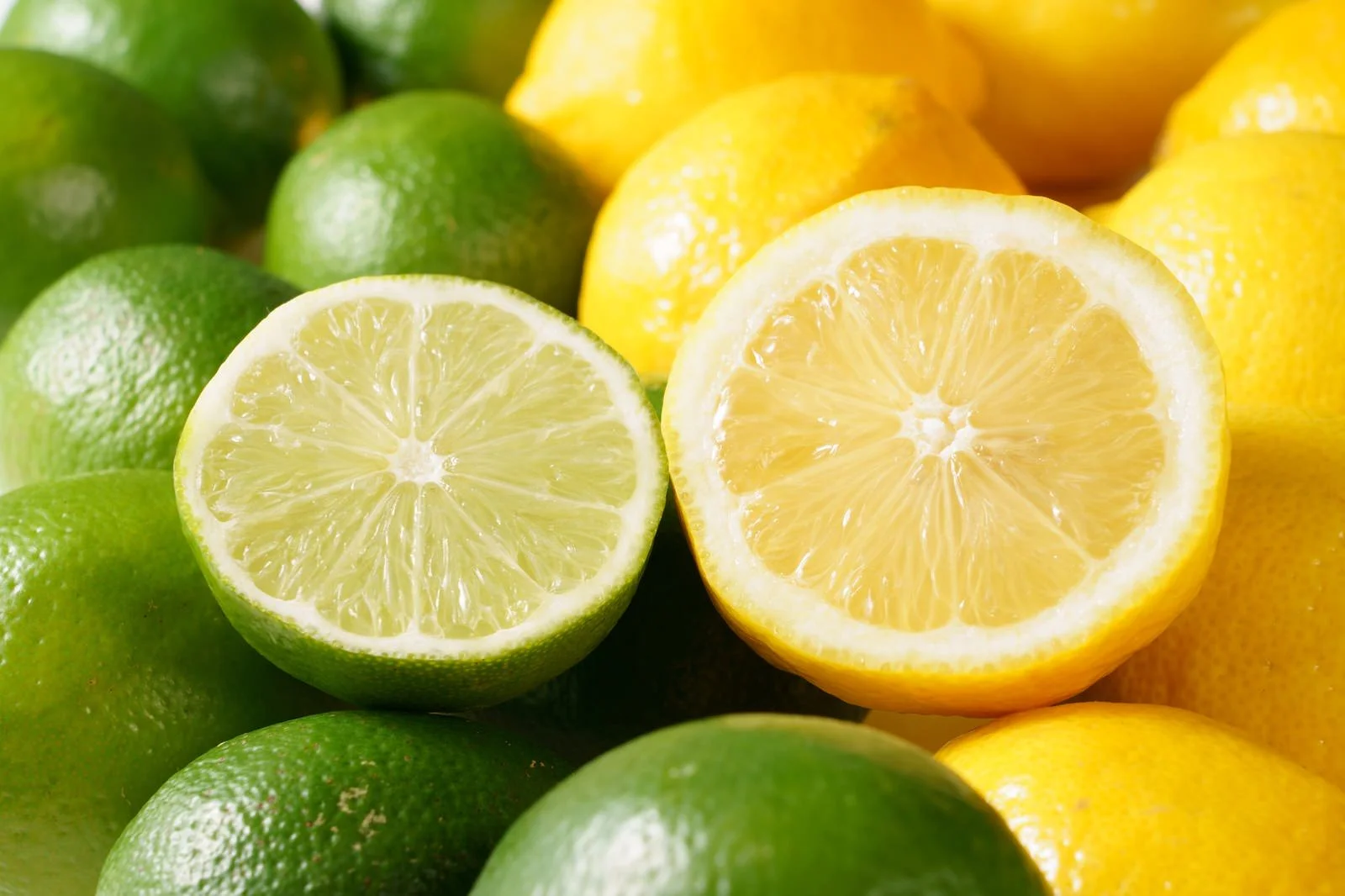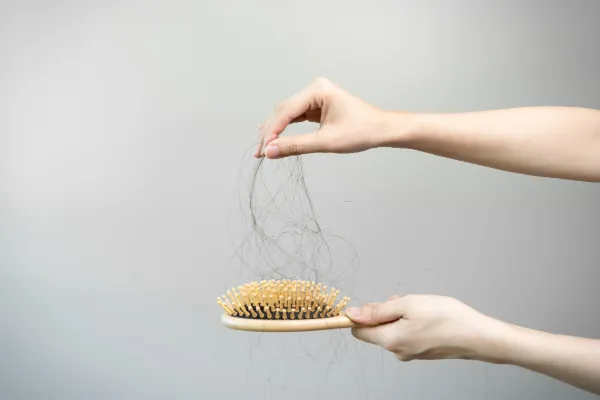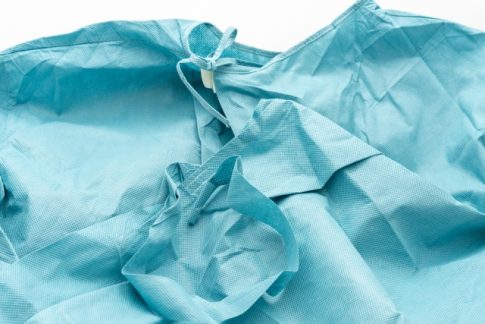この記事の概要
薄毛で悩んでいる男性、美意識の高いアラサー女性、そしてがんのリスクを心配する人々にとって、植毛は外見を改善し、自己肯定感を高める有効な手段です。しかし、植毛の成功を確実にするためには、酸化ストレスと抗酸化物質の役割について理解することが重要です。本記事では、酸化ストレスが髪の健康に与える影響と、抗酸化物質の重要性について詳しく解説します。
What is oxidative stress?
Oxidative stress refers to a state in which free radicals (reactive oxygen species) are produced in excess in the body. Free radicals are unstable molecules that damage cells and DNA, and are the cause of aging and various diseases. Oxidative stress is caused by the following factors:
Environmental factors: UV rays, pollutants, chemicals
Lifestyle habits: smoking, excessive drinking, poor diet
Stress: Psychological and physical stress
Oxidative Stress and Hair Health
Oxidative stress damages hair roots and hair matrix cells, causing hair loss and slowing down of hair growth. When free radicals affect hair roots, the following problems occur:
Damage to hair roots: Free radicals damage the cell membranes of the hair roots, preventing hair growth.
Promotes inflammation: Oxidative stress leads to inflammation, which impairs scalp health.
Premature ageing: Hair cells age prematurely, slowing hair growth.
The Importance of Antioxidants
Antioxidants are substances that neutralize free radicals and reduce oxidative stress. Antioxidants exist in various forms, such as vitamins, minerals, and plant-derived ingredients. Below are some representative antioxidants.
Vitamin C: Neutralizes free radicals and promotes collagen production.
Vitamin E: Protects cell membranes and prevents free radical damage.
Beta-carotene: Converted into vitamin A to maintain cellular health.
Selenium: Helps enzymes function and acts as an antioxidant.
Polyphenols: Powerful antioxidants that reduce inflammation.
The effect of antioxidants on hair transplantation
Preparation before hair transplant
To increase the success of your hair transplant surgery, it is important to reduce oxidative stress in your body before the procedure. Diet and supplements rich in antioxidants can help reduce free radicals in your body and improve the health of your hair follicles.
Improve your diet: Eat foods rich in antioxidants, such as fresh vegetables, fruits, nuts and whole grains.
Supplements: Supplements such as Vitamin C, Vitamin E, and Selenium may be taken as needed.
Post-Hair Transplant Care
It is important to continue taking antioxidants during your hair transplant recovery period as they will help reduce the stress and inflammation caused by surgery and promote a quicker recovery.
Anti-inflammatory: Antioxidants help reduce inflammation and aid in scalp healing.
Cellular Repair: Promotes the repair of cells damaged by free radicals.
Improves immunity: Boosts immunity and reduces the risk of infection.
Foods High in Antioxidants
Fruits and vegetables
Berries: Blueberries, raspberries, strawberries, etc. are rich in polyphenols.
Citrus fruits: Oranges, lemons, grapefruit, etc. are rich in vitamin C.
Green and yellow vegetables: Spinach, broccoli, kale, etc. are rich in beta-carotene and vitamin C.
Nuts and seeds
Almonds: Rich in Vitamin E.
Sunflower seeds: Contains vitamin E and selenium.
Chia seeds: Contains omega-3 fatty acids and polyphenols.
Whole grains
Oats: Contains vitamin E, selenium and polyphenols.
Brown rice: Contains B vitamins and selenium.
Other Foods
Green Tea: Contains powerful antioxidants called catechins.
Dark Chocolate: Rich in flavonoids and antioxidant properties.
Lifestyle changes
In addition to taking antioxidants, improving your lifestyle can also help reduce oxidative stress.
Moderate exercise
Benefits of exercise: Moderate exercise improves blood circulation and reduces oxidative stress.
Recommended exercise: Walking, jogging, yoga, etc. are effective.
Stress Management
Relaxation: Reduce stress by relaxing through meditation, deep breathing, massage, etc.
Get enough sleep: Quality sleep helps your body recover and repair.
Quitting smoking and drinking alcohol
Quitting smoking: Smoking increases the number of free radicals, so quitting smoking is recommended.
Drink in moderation: Excessive alcohol consumption also increases oxidative stress, so be sure to consume in moderation.
Hair Transplants and Antioxidants: An Expert’s Perspective
Expert opinion
Many experts believe that managing oxidative stress is key to the success of hair transplant treatment. Antioxidant intake and lifestyle modifications are fundamental factors in increasing hair transplant success rates and maintaining long-term hair health.
Case Study
Success stories: Patients who actively consume antioxidants and make lifestyle changes have a faster recovery after hair transplant and maintain long-term hair health.
Research shows: Research into the effects of oxidative stress on hair health highlights the importance of antioxidants.
summary
Managing oxidative stress and taking antioxidants are important to ensure the success of hair transplants . For men who are struggling with thinning hair, beauty-conscious women in their 30s, and people worried about their risk of cancer, reducing oxidative stress will have a positive effect not only on the health of your hair, but also on your overall health. Be sure to eat foods rich in antioxidants, such as fresh fruits and vegetables, nuts, and whole grains, and take care to exercise and manage your stress. With the guidance of a trusted medical specialist, you can improve your overall health and regain your confidence.








